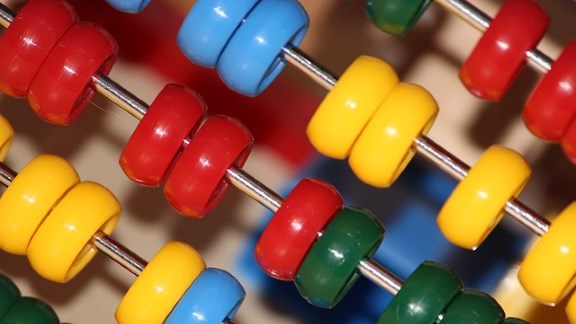Exploring Our Number System
Simple ideas, like adding together two odds to make an even, can lead to fascinating insights with important real world applications.We offer you some simple starting points exploring factors and multiples, remainders and number bases, the foundations of the field mathematicians call Number Theory.
Factors and Multiples Chain
Each number must be a factor or multiple of the last. What's the longest chain you can make?

Remainders
When we divide, we're rarely interested in what's left over. In these problems and games, we invite you to take a closer look at remainders and learn about Modular Arithmetic, an important area of Number Theory.

Factors and Multiples
Factors and multiples are the building blocks of Number Theory. Try these problems and games and get to grips with the underlying structure of our number system.

Number Bases
We count in base ten because most of us have ten fingers. But what if we only had seven or eight? Here's a chance for you to explore the properties of base 10 as well as some less familiar number bases.
